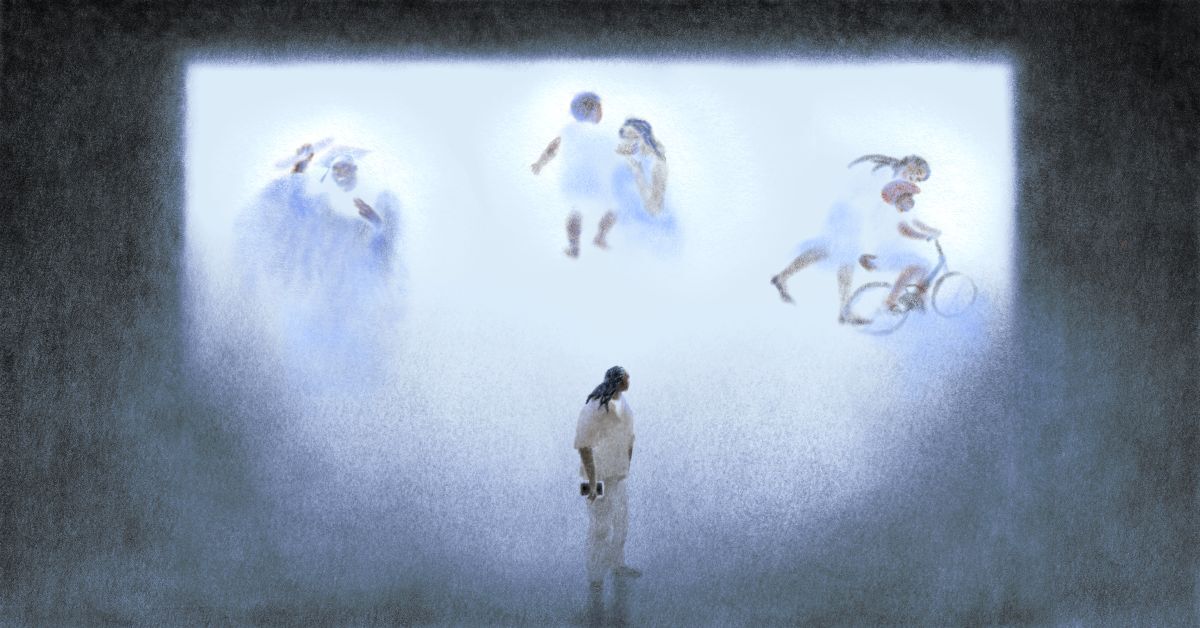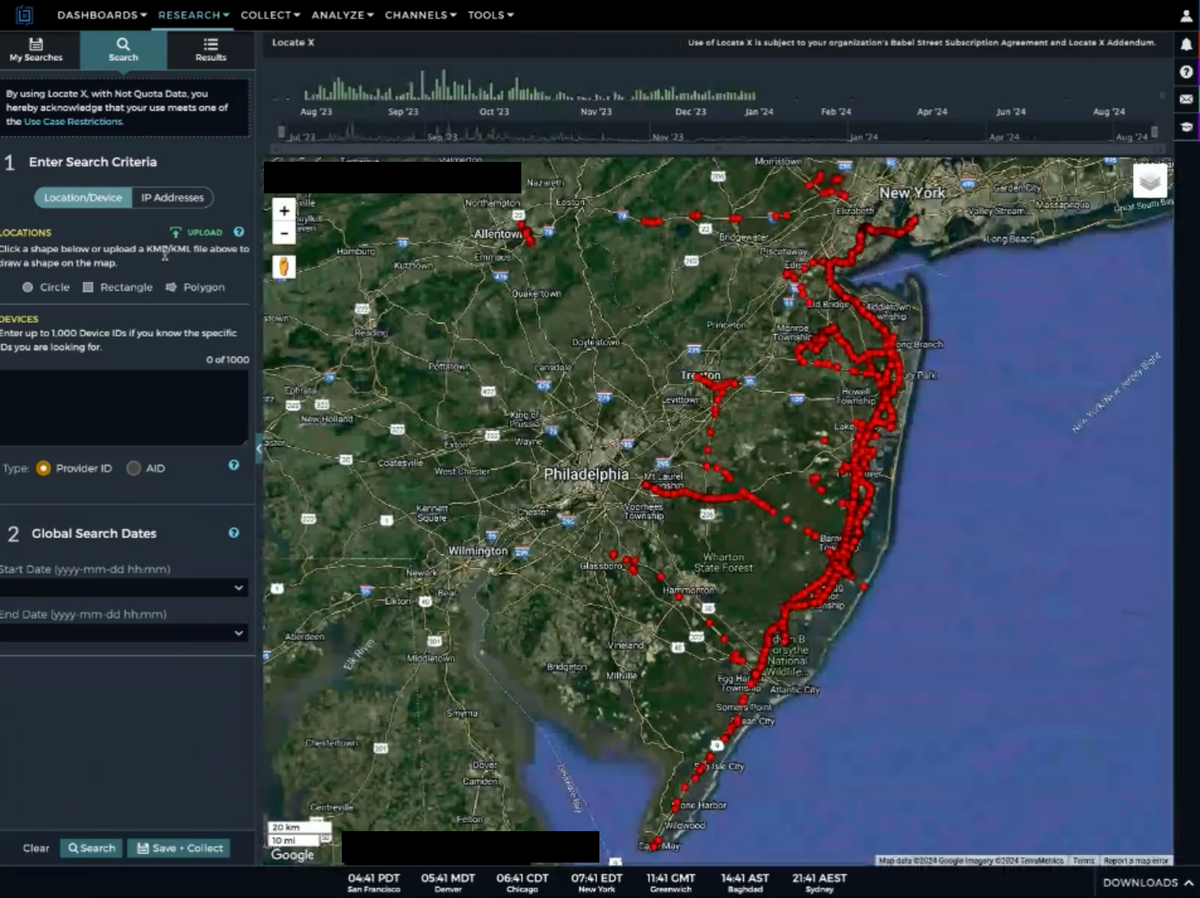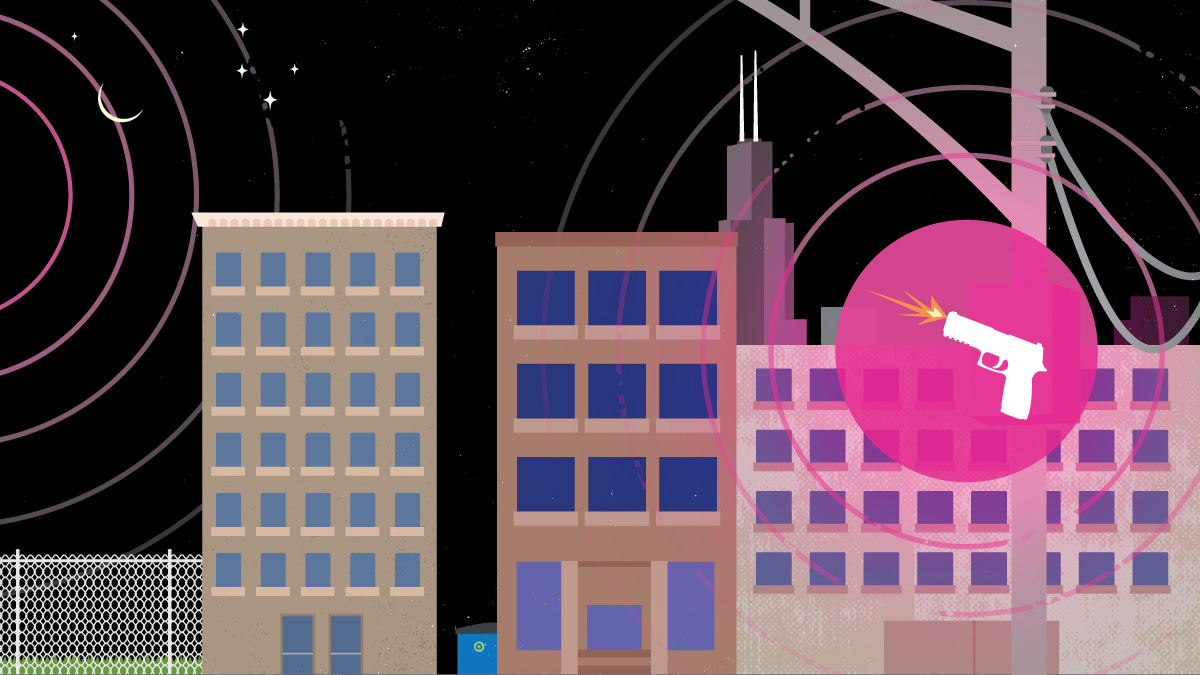- 30 Posts
- 6 Comments

 2·5 months ago
2·5 months agoSorry to hear that, try this one

 95·1 year ago
95·1 year agoThey were taken for reasons that inmates had nothing to do with, they have not been replaced, and it’s unclear when they’ll be returned. Inmates who are enrolled in college courses are having to handwrite papers that are due soon.

 2·1 year ago
2·1 year agoAlso, if something is technically possible but illegal for the CIA/FBI/etc to do, it just means they have to try to hide the fact they’re still doing it

 6·2 years ago
6·2 years agoMaybe this mirror of it will?
But I’m guessing it talking about the claim only ~9% of the time officers were able to confirm a firearm was present on the scene.
Don’t think that shows up, this article is previously unpublished stuff I believe
For at least nine months, between October 2017 and July 2018, Scott DeDore tracked ShotSpotter’s accuracy in identifying confirmed gunshots. DeDore regularly shared his findings with Chicago police and ShotSpotter, and even attempted to hone the tool’s precision by working alongside the company to install additional sensors, documents obtained through public records requests show. Over the course of those nine months, according to the records, ShotSpotter correctly detected a gunshot in 63 of 135 instances in which a person was struck, an accuracy rate of about 47 percent.
One month after DeDore sent his last available report, then mayor Rahm Emanuel signed a new three-year, $33 million contract with ShotSpotter (the company has since rebranded as SoundThinking). It covered 12 police districts—100 square miles—and made Chicago the company’s largest customer at the time.
These records represent a look into a small corner of Chicago’s southwest side from more than half a decade ago. But they offer a unique window into ShotSpotter and its role in an increasingly surveilled city. And they came at a time when the city was reinventing its policing strategy. Six years later, Chicago is again at a crossroad, as a new mayoral administration “reimagines” public safety and mulls the fate of ShotSpotter when its contract expires in mid-February.

 3·2 years ago
3·2 years agoFair enough, but I think this article is reasonably critical
But critics warn the system is unproven at best — and at worst, providing a technological justification for the killing of thousands of Palestinian civilians.
“It appears to be an attack aimed at maximum devastation of the Gaza Strip,” says Lucy Suchman, an anthropologist and professor emeritus at Lancaster University in England who studies military technology. If the AI system is really working as claimed by Israel’s military, “how do you explain that?” she asks
…
The Israeli military did not respond directly to NPR’s inquiries about the Gospel. In the November 2 post, it said the system allows the military to “produce targets for precise attacks on infrastructures associated with Hamas, while causing great damage to the enemy and minimal harm to those not involved,” according to an unnamed spokesperson.
But critics question whether the Gospel and other associated AI systems are in fact performing as the military claims. Khlaaf notes that artificial intelligence depends entirely on training data to make its decisions.
“The nature of AI systems is to provide outcomes based on statistical and probabilistic inferences and correlations from historical data, and not any type of reasoning, factual evidence, or ‘causation,’” she says. “Given the track record of high error-rates of AI systems, imprecisely and biasedly automating targets is really not far from indiscriminate targeting.”
Some accusations about the Gospel go further. A report by the Israeli publication +972 Magazine and the Hebrew-language outlet Local Call asserts that the system is being used to manufacture targets so that Israeli military forces can continue to bombard Gaza at an enormous rate, punishing the general Palestinian population.
















Good question I don’t have the answer to. I could speculate that this is all likely being sourced from some sort of marketing material that ShadowDragon put out where they just flatly say they’re gathering this information from Tesseract, and in reality they’re actually gathering any information they can on users who search for this software and download this software, but like I said I’m speculating.
If you’re really interested, I would say you should email the author of this article, reach out to Tesseract’s development team, or find a way to get a subpoena against ShadowDragon and/or ICE